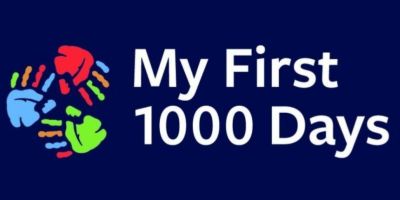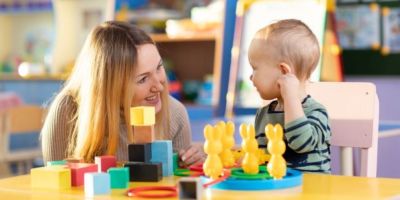Sascha Stollhans Presents Manifesto for Language Teaching at the The House of Lords

On 17 July 2023, Sascha Stollhans, Associate Professor of Language Pedagogies in the School of Languages, Cultures and Societies presented his research and policy recommendations at the House of Lords
Associate Professor Stollhans and his collaborators from the “Linguistics in Modern Foreign Languages” network presented their findings at the language education meeting hosted by All-Party Parliamentary Group on Modern Languages.
What's new in the field of languages?
The meeting, entitled “What's new in the field of languages?” featured a series of invited presentations by academics and organisations such as the British Council and the University Council for Languages on the latest developments in the languages sector. Also in attendance were parliamentarians, the Department for Education and a range of policymakers and key stakeholders.
The presentations responded to the recent British Council Language Trends report, an annual survey of primary and secondary schools on language provision and attainment, as well as the establishment of a government-funded National Consortium for Languages Education (NCLE). Their aim was to re-energise language learning in state-maintained primary and secondary schools in England.
Sascha Stollhans co-presented with Professor Michelle Sheehan (Newcastle University) on behalf of the national “Linguistics in Modern Foreign Languages” network, in which he co-leads the German Studies strand.
The Manifesto for Linguistics in Language Teaching
The Linguistics in Modern Foreign Languages network has extensively researched the potential of linguistics in language teaching and learning.
They believe that the analytical study of languages, in addition to learning languages as a useful skill, can increase motivation, make language learning more inclusive and engage wider audiences.
Languages are an extremely useful tool for communication but learning a language entails so much more: it helps you become a better communicator (even in your first language), and it develops your analytical skills and critical thinking.
The network has co-created and trialled research-informed materials with experienced teachers that can be used in French, German and Spanish A-Level classes, and they have developed and delivered teacher training workshops.
At the Houses of Parliament, the group formally launched their Manifesto for Linguistics in Language Teaching in the UK Context. This argues for the systematic inclusion of linguistics in language teaching to tackle the decline in language learning in English schools.
The manifesto puts forward concrete policy recommendations and has been endorsed by a number of prominent stakeholders and associations. Their recommendations include linking linguistics to existing topics in schools, teaching about the social aspects of linguistics and using the co-creation model to develop shared resources for teachers and pupils.
Associate Professor Stollhans said:
“Using linguistics to learn more about language itself, its role in society and the way it changes and varies, can be extremely eye-opening and insightful.
“The UK is already a multilingual society at its core – this is something to embrace. Linguistics can equip teachers and school leaders with the skills to capitalise on this kind of diversity and make language learning more inclusive.”


 From left to right: Susana Lopes; Jonathan Kasstan; Norma Schifano; Sascha Stollhans; Michelle Sheehan.
From left to right: Susana Lopes; Jonathan Kasstan; Norma Schifano; Sascha Stollhans; Michelle Sheehan.

